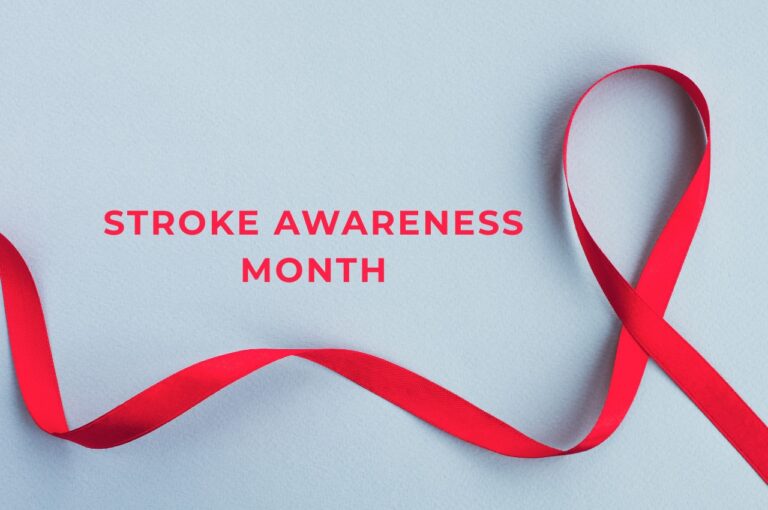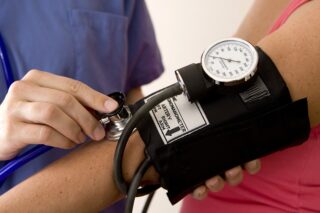
New research from the American Heart Association shows that stroke deaths are unfortunately on the rise in certain counties across the country, including here on Florida’s Suncoast. Despite advances in awareness and care, there was a 13 percent increase in stroke deaths among middle-aged individuals (ages 35-65) in both Sarasota and Charlotte counties. This shows a tremendous need for stroke prevention and care.
Stroke is the second most common cause of death worldwide, and one in six of us will experience stroke in our lifetime. If you have atrial fibrillation, or if you suspect you have symptoms, it’s important to know that AFib increases your risk of blood clots and stroke five-fold.
With May serving as Stroke Awareness Month, now is the time to look at how AFib increases stroke risk, and how you can reduce your risk.
How AFib Increases Stroke Risk
In people with atrial fibrillation, there’s a chance for blood to pool in the upper chambers of the heart. This can lead to the formation of blood clots, which can travel all over the body to block blood flow to organs. When a clot forms in the heart’s left atrium, it can move from there to the brain, and that’s what causes a stroke.
There are other factors that can put you at higher risk for a stroke, too. These include diabetes, previous history of strokes, high blood pressure, and heart failure. If you have atrial fibrillation along with some of these risk factors, make sure to tell your EP doctor. It’s important to appropriately manage each of these conditions.
Reducing Your Risk of Stroke
There are many good ways you can go about reducing the risk of a stroke. Much of it includes lifestyle management, and there are also strategies you can discuss with your doctor.
- Manage high blood pressure through diet, exercise, and lifestyle modification or with medications.
- Diabetes increases stroke risk, so make sure to speak with your doctor about this if you have been diagnosed with or suspect you may have diabetes.
- High cholesterol is a risk factor that can be controlled with statin therapy.
- Physical inactivity increases stroke risk, so make sure to add regular exercise to your life.
- Smoking and alcohol both increase your risk for stroke, so if you smoke or drink, it’s best to quit.
- Diet can affect your stroke risk, so if you aren’t already, make sure your diet has plenty of vegetables, fruits, low-fat dairy, and whole grains. Limit red meat, sodium, and sugar.
- Sleep apnea is a condition that puts patients at higher risk for stroke, so talk to your doctor about doing a sleep study to diagnose and treat this condition.
Medications may also be helpful in reducing stroke risk. Anticoagulants are sometimes prescribed to prevent clots. Some of these medications include apixaban, dabigatran or warfarin.
Surgery can be an option, too. Your doctor could recommend left atrial appendage closure, which is a procedure that seals a small sac in the left atrium. This is where clots are most likely to form in people who have AFib. The procedure itself is relatively simple, with a closure device guided to the sac via a catheter. The closure device remains in place permanently to prevent the formation of clots.
If you’ve been diagnosed with atrial fibrillation, make sure to speak to your EP doctor about your stroke risk and ways to lower it. Schedule an appointment with Heart Rhythm Consultants at one of our offices in Sarasota or Venice today.



